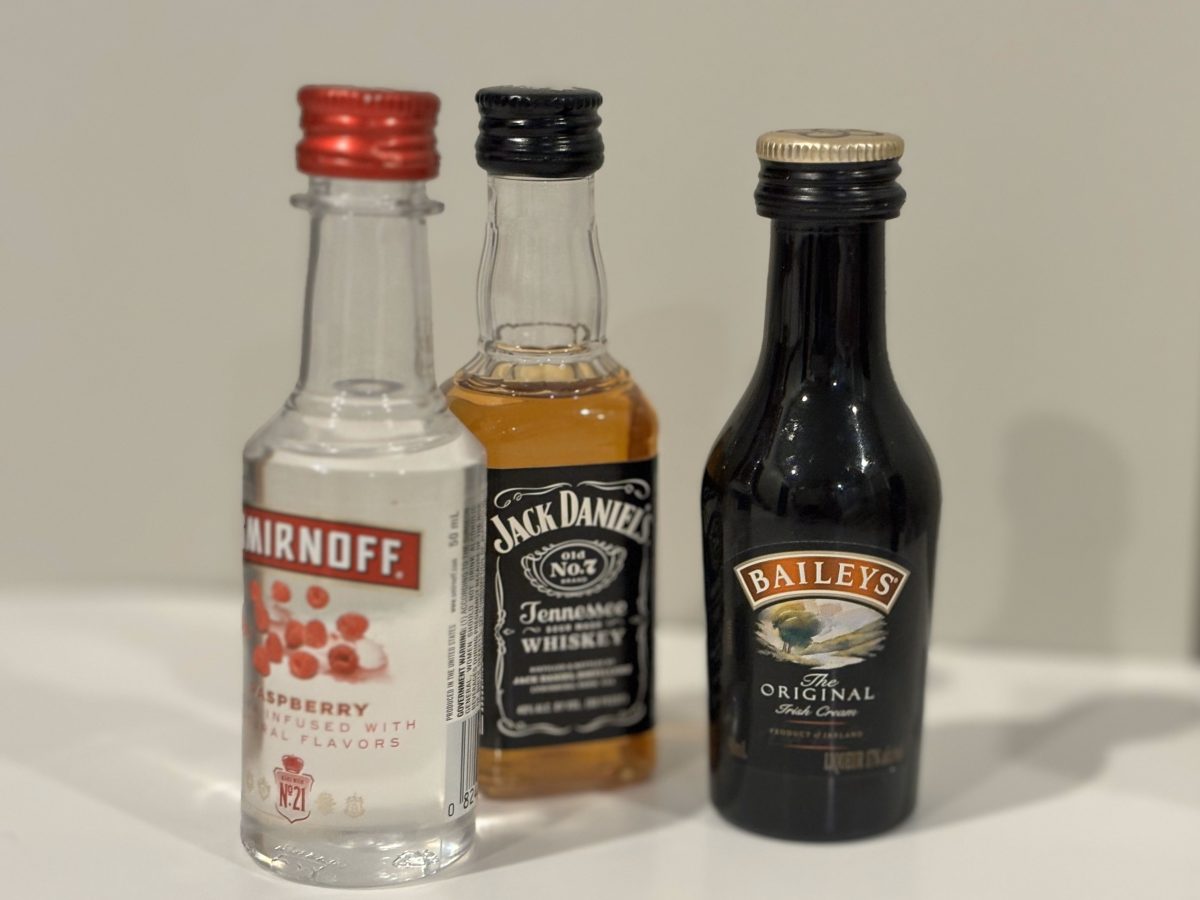I would like to share my thoughts on the nip ban.
Why should we punish the majority of consumers because of the bad behavior of a few? Most people who purchase nips don’t go jump in a car, drink, and drive around town throwing them out the window. The vast majority of the people who purchase these are responsible, productive members of our community. There are many, many reasons that someone chooses to purchase a nip.
They may want to try something to see if they like it before they purchase a large bottle. They are visiting and want to bring it back to the hotel or are going on a trip and take it with them. Or for recipes or having guests who visit and don’t want a large bottle of something they don’t drink.
But one of the most serious reasons is they purchase 50 ml [containers] is to self-portion themselves. They may be struggling with a drinking problem and don’t want a larger bottle because they know they will drink it, or they may have a family member in the household that should not be drinking and they don’t [want] it in the house.
This ban requires the consumer to purchase four times what he or she might want to purchase! Would you create a policy that requires bars to have a four-drink minimum? Of course not! This ban will certainly increase consumption – the exact opposite of what its opponents say it will prevent.
This ban also directly targets the poor and less fortunate members of our community. With the cost of living higher than ever, more and more people are living from paycheck to paycheck. These folks can’t afford to purchase a large bottle or go to a bar and pay $15 for one drink. They should have the right to go home after a long day at work and mix one drink for a dollar or two. This ban takes consumers’ rights of choice away. Are these the policies we want in Plymouth?
The ban was proposed to clean up Plymouth. I am all for a cleaner Plymouth, however, this ban only addresses one item out of the many that a few discard on our streets.
There are alternatives to an outright ban, including industry sponsored cleanups, education, and enforcement. However there also needs to be a statewide solution that is effective and fair to everyone. One option would be to expand the bottle bill to include nips. Another is an environmental fee on the nips used for clean ups.
The liquor industry has done everything in its part to comply and encourage recycling. The nip bottle itself is made from #1 plastic, the most recycled plastic in the world. Yet when delivered to the recycling plants they don’t recycle them like many of other small containers we thought were being recycled. There is no reason why they can’t upgrade their facilities to accept these smaller containers. Our representatives at the statehouse need to hold the recycling industry to higher standards.
The bottom line is that bans of this nature don’t work. Just ask the chief of police on the Fourth of July if the ban on fireworks in Massachusetts seems to be working. People already go to New Hampshire, Rhode Island, and Connecticut to buy their fireworks, flavored vapes and menthol cigarettes. They will certainly go to surrounding towns to purchase their liquor and drive back to Plymouth, and if they are going to litter they will still litter.
Bans of this nature are proven to make no measurable impact on trash, public intoxication, or drinking and driving, but they will directly hurt small businesses. This ban is bad for Plymouth and its residents. That is why the finance and advisory board voted against this, along with the chamber of commerce.
I urge you to protect your consumer rights, small business, and Plymouth’s economy. Vote no on Jan. 13.
Peter Balboni
Editor’s note: Balboni own’s Pioppi’s Liquors in North Plymouth and is leading the campaign to reverse Town Meeting’s vote to ban alcohol nips in Plymouth.

